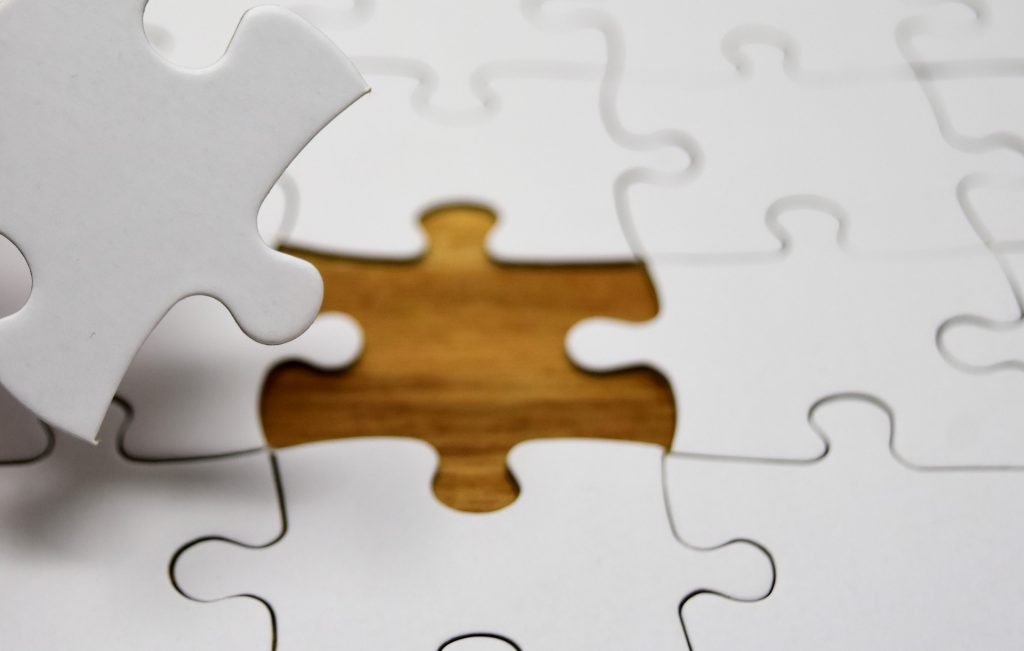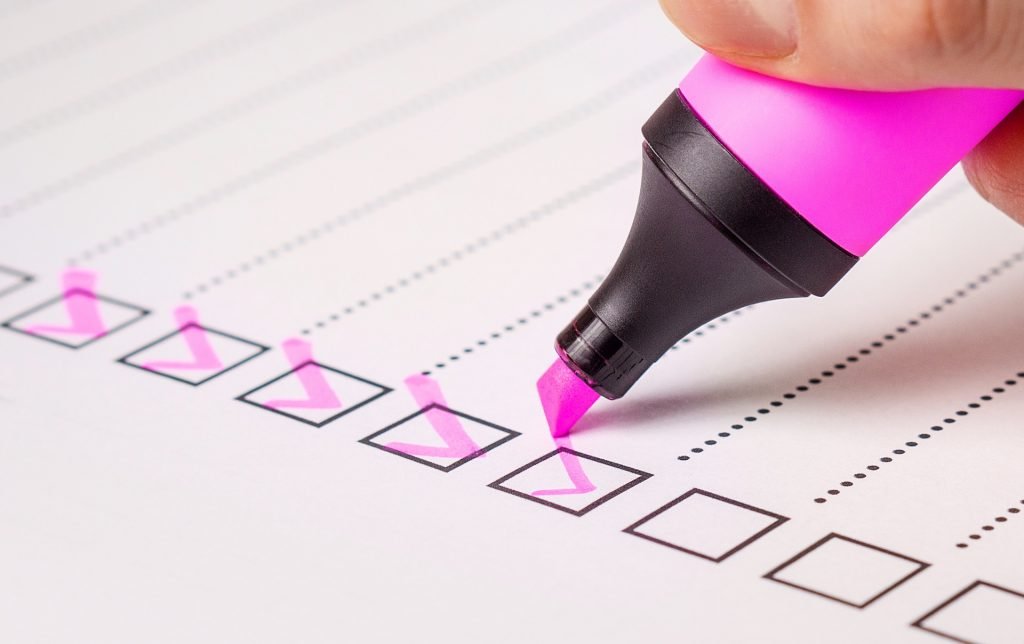At Kalido, we very much encourage freelancing and entrepreneurship. And true to this spirit, we always have, and always will, work with lots of freelancers from many different industries. We like to think that we’re pretty good at spotting the rotten apples, and finding the good ones. Here’s how to tell if your freelancer is one of the latter:
1) They help you solve problems

Bringing in a freelancer means you’re either short of hands, or short on expertise. Sometimes both. Your freelancer is there to help you solve a business problem, and the good ones are acutely aware of this role. So, you might have hired them to do X, but having given your business their professional (and objective) appraisal, they’ll probably give you X plus plus plus.
Good freelancers will actively think about your business problem, and the best way to solve it. They’ll ask as many questions as they can, so that they understand the issues as well as you do. Then they’ll bring all their expertise to give you the best solution. So, instead of passively waiting for instructions from you, don’t be surprised if the freelancer comes to you instead with ways to optimize your business.
2) They’re charging you

If your freelancer is doing your project for free, or for ‘the experience’, or ‘the exposure’, they’re either related to you, or a bored millionaire, or an amateur. While none of these options automatically preclude your freelancer from delivering results, you may have to work a little harder to get them, especially in the last case.
Freelancers are professionals. Freelancing is a job (actually a career, but you know what we mean), not a hobby. Jobs imply payment, because the service you’re getting is of a professional standard, comparable to any other service provider in the industry. So, there will always be payment involved. If it’s an established service provider, you’ll be charged money. If it’s a less experienced person, you’ll be charged time.
Newbie freelancers will often need more instruction, more feedback, and generally more attention than their more experienced colleagues. This may seem onerous, but in return, you’ll be getting all of their enthusiasm and desire to please. Experienced freelancers will just present you with a bill.
Either way, remember that no freelancer will work without some sort of cost to you.
3) They’ll let you know exactly what to expect

This includes time and money. An experienced freelancer will have a good idea of how long a project of your scope should take, how much work is involved, and also if any additional resources are required (e.g. another specialist, equipment etc.). You’re trusting them to be the expert, and the upfront advice should be part of the service. So, if you’re not given a reasonable project timeline and costs upfront, either the person doesn’t know what they’re doing, or they might be trying to scam you with hidden costs later on.
From your side, your brief must be clear. If you’re the one who keeps moving the goal post, or changing your mind, then the original brief needs to be updated. Issue detailed, thorough instructions, ask as many questions as possible, and you should receive an equally detailed work and cost schedule upfront. You should always ask as many questions as possible, because your questions might reveal unique conditions in your project that need to be factored in. Depending on how knowledgeable your freelancer is, and how willing they are to answer questions, you’ll get a good gauge of their competency, professionalism, and your future working relationship.
Once you’re both clear on what’s expected, when, and for what payment, get everything in writing with a solid contract that sets out the delivery schedule, terms and conditions, and perhaps also a non-disclosure agreement. Check out this post on contracting like a pro for suggestions.
4) They know people
An established freelancer will know people in their industry, and related industries, who can help achieve point 1 above. No man is an island, after all, and no great project was accomplished by one person alone. So, if you need suggestions and recommendations for other great professionals, your freelancer should be your first point of call.
A platform like Kalido helps you see exactly who your freelancer is connected to, and lets you ask for introductions through free chats and calls from the app itself. So, if you’re looking to compile a great team of freelancers with complementary skill sets, use your existing contact to find all those new connections.
5) People know them
Word travels fast. Whether your freelancer is a hardworking genius or a lazy slacker, word will get around. So, before working with any freelancer, make sure you’ve checked them out. If you’re hiring someone from your own industry, it should be relatively easy to ask your colleagues if anyone has heard of this person. If you’re hiring from outside your industry, it’ll be harder, but even more crucial.
Use a platform like Kalido to see who you know in common with the freelancer. You can then ask common contacts for their opinion on the person personally and professionally (via free chat and call from the app). A recommendation from someone you trust is miles better than any random reference the freelancer gives you. And if no one has heard of this person, either they’re very new to the field, very inexperienced, or recently immigrated from another galaxy, so be wary.
Now that you know the characteristics of a good freelancer, and who to ask in case of doubt, log onto your Kalido profile, and find someone excellent to help you solve your business problems now.

